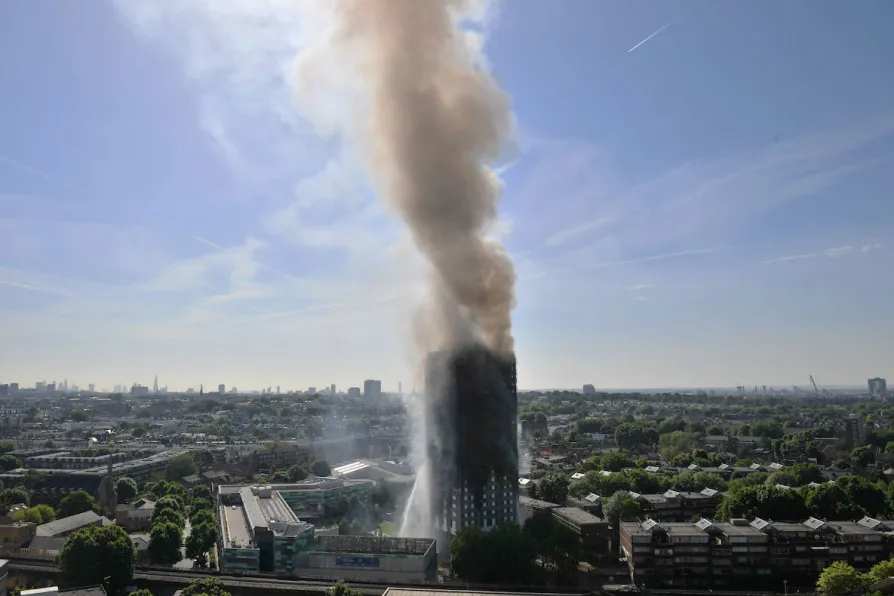Another Grenfell ‘could happen tomorrow’ as politicians fail to deliver changes

 Smoke billowing from the fire that engulfed the 24-storey Grenfell Tower in west London.
Smoke billowing from the fire that engulfed the 24-storey Grenfell Tower in west London.
THE next Grenfell could be “in the post tomorrow” as politicians fail to deliver the far-reaching changes needed to prevent another disaster, a key justice campaigner has warned.
In an interview with the Morning Star to mark the anniversary of the Grenfell fire, Yvette Williams, a co-founder of the Justice4Grenfell campaign, hit out at the lack of “significant changes” in the half a decade since the devastating blaze that killed 72 people.
“No-one has been arrested, people are still living in dangerous, unsafe buildings so the next Grenfell could be in the post tomorrow and communities like ours … well, our conditions have got worse,” she said.
Related articles

Kensington and Chelsea Council has turned a traumatised community into ‘beggars,’ divided and compelled to compete with each other for its dubious ‘help’ – all while congratulating itself on its own beneficence, writes EMMA DENT COAD












